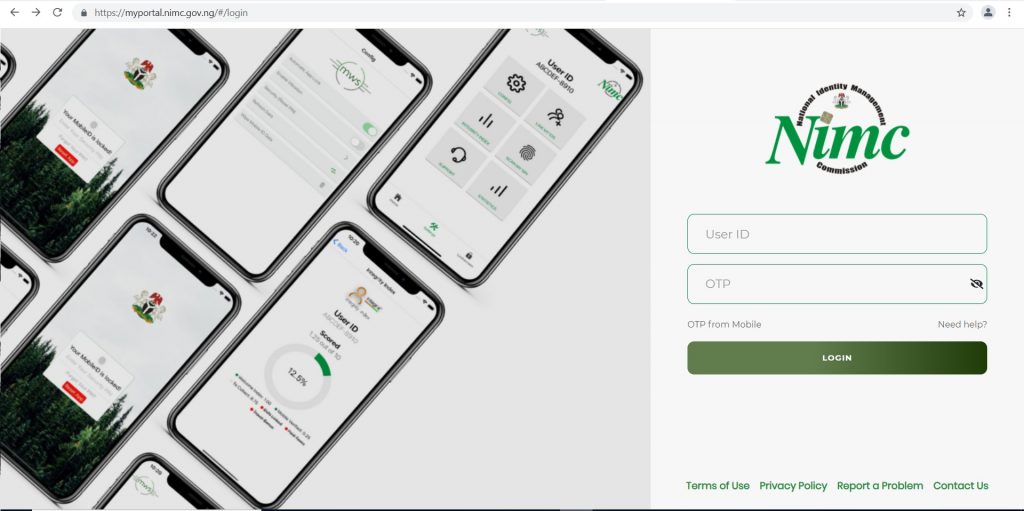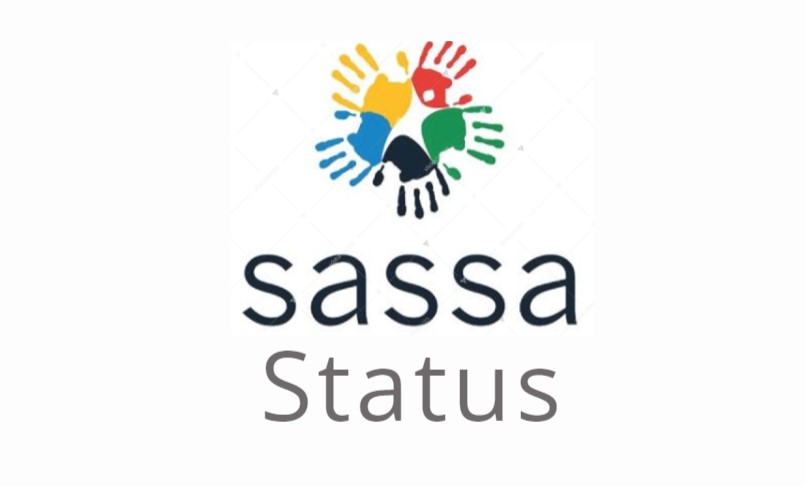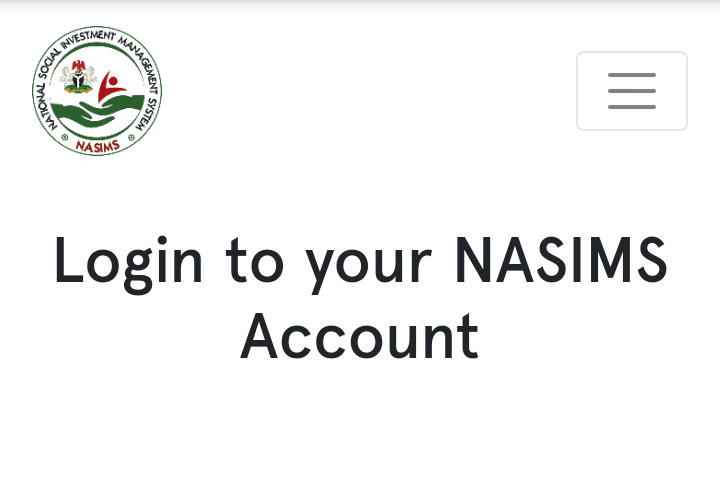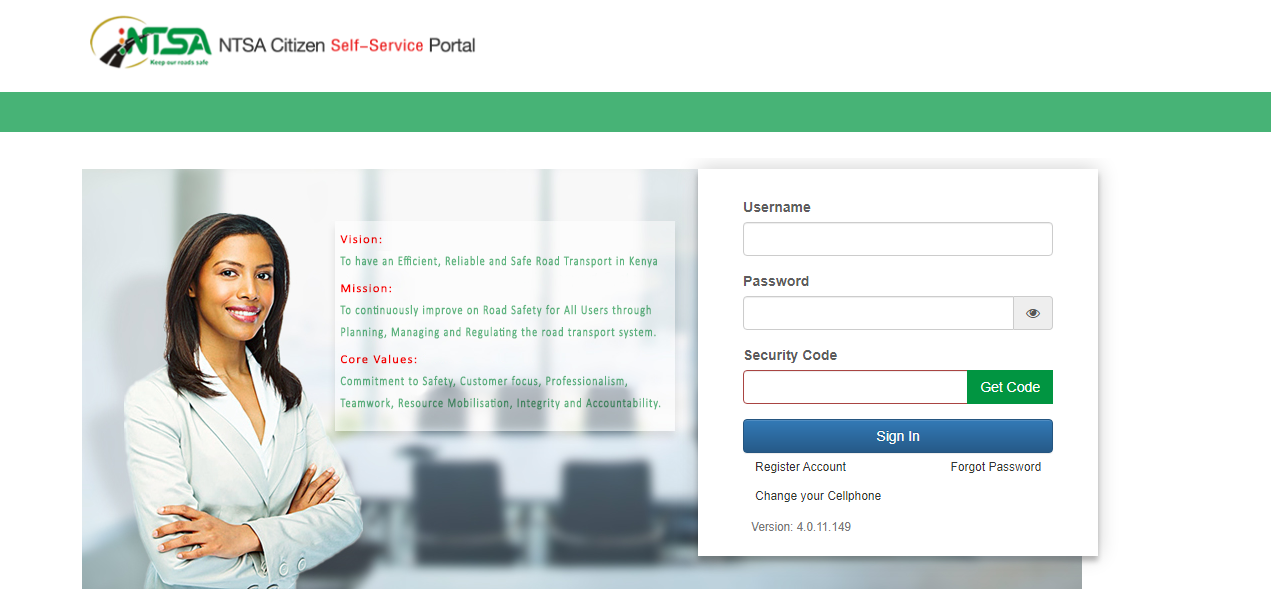How To Calculate Minimum Wage In Nigeria
How To Calculate Minimum Wage In Nigeria. Learn To Calculate Your New Salary And New Minimum Wage As A Government Worker.

Are you finding it difficult to calculate minimum wage in Nigeria? Worry no more because we have got that covered for you as this article is aimed at guiding you on how to calculate minimum wage in Nigeria.
This new rate took effect on May 1, 2024 and it is worth noting that this increase is a significant step towards addressing the country’s soaring inflation and economic downturn. Keep reading this article as we take you through the current minimum wage in Nigeria, how to calculate minimum wage in Nigeria and implications for workers and employees.
Why You Need To Know Your New Salary?
As workers in the Federal Republic Of Nigeria, it is important you know your salaries for the following reasons;
Legal Rights
It is your rights as a citizen of Nigeria to know the minimum wage, which can help you identify discrepancies and take appropriate actions.
Read Also: NIMC Portal: How To Check My NIMC Details Online (Guide)
1. Negotiation Power
When you know this fact, you stand a better chance to negotiate better terms with your employers or request a readjustment if your current salaries fall below the minimum.
2. Financial Security
Knowing your salary can help you to plan your finance in a more effect manner, allowing your for budgeting of essential expenses, savings and investments.
What Is The New Minimum Wage In Nigeria?
The minimum wage is a fundamental right of works worldwide, ensuring a fair compensation for their labour. In Nigeria, the minimum wage has been a topic for discussion for years, with the federal government approving a new rate in 2022. The 2024 minimum wage has been increased to ₦70,000, which is a 133% increase from the previous minimum wage rate of ₦30,000. This change was implemented through the National Minimum Wage (Amendment) Act 2024, which aims to ensure fair labour practices in Nigeria amidst the country’s economic challenges.
Read Also: www.nasims.gov.ng Portal Login 2024 | NASIMS Dashboard Login
How To Calculate Minimum Wage In Nigeria
So for calculating minimum wage, there is a simple formula you can use which would give you an idea of what your new salary should looking like.
your new salary = current salary x new minimum wage divided by previous minimum
Now for instance, if you were or are currently earning ₦60,000 a month, and your previous minimum wage ₦30,000. As the new minimum wage being at ₦70,000.
When we apply this formula to this instance we have;
new salary= 60,000 x 70,000 divided by 30,000
Your new salary should be about 140,000
Implications For Workers And Employers
Some of the implication the new minimum wage has on both workers and employers are as follows;
Workers;
• Increased take-home pay.
• Improved standard of living.
• Enhanced economic stability.
Employers;
• Increased labour cost.
• Potential impact on profitability.
• Need for adjustments in budgeting and resource allocation.
Challenges And Future Directions
Despite the increased minimum wage, challenges persist such as;
• Inflation and cost of living.
• Disparities in implementation across sectors.
• Need for regular reviews and adjustments.
To address these challenges, stakeholders must;
• Monitor inflation and adjust the minimum wage accordingly.
• Ensure uniform implementation across sectors.
• Foster dialogue between workers, employers and government.
Read Also: FRSC Plate Number Verification: How To Verify And Check Plate Number
Conclusion
In conclusion, Nigeria’s minimum wage is a crucial step towards ensuring fair compensation for workers. Understanding the calculations and implications is essential for both workers and employers. As the country continues to navigate economic challenges, regular reviews and adjustments will be necessary to maintain the minimum wage’s purchasing power.
Frequently Asked Questions
1. Can Employees Negotiate For Higher Salaries?
Yes, employees can negotiate for higher salaries based on their performance and qualification.
2. What Is The Percentage Increase From The Previous Minimum Wage?
The new minimum wage represents a 133% increase from the previous minimum wage of ₦30,000
3. Who Is Eligible For The New Minimum Wage?
All employees in Niger, including federal, state and private sector worker are eligible for the new minimum wage.
4. Are Interns And Apprentices Eligible For The Minimum Wage?
Yes, provided interns and apprentice work at least 20 hours per week, they are very much eligible for minimum wage.
5. Are Workers In The Informal Sector Eligible For Minimum Wage?
No, workers in the informal sector are not eligible for the minimum wage. However, efforts are being made to extend the minimum wage to informal sector.
Kindly Share This Post: If you think this post can be helpful to somebody else, please share it using the buttons below!!!


